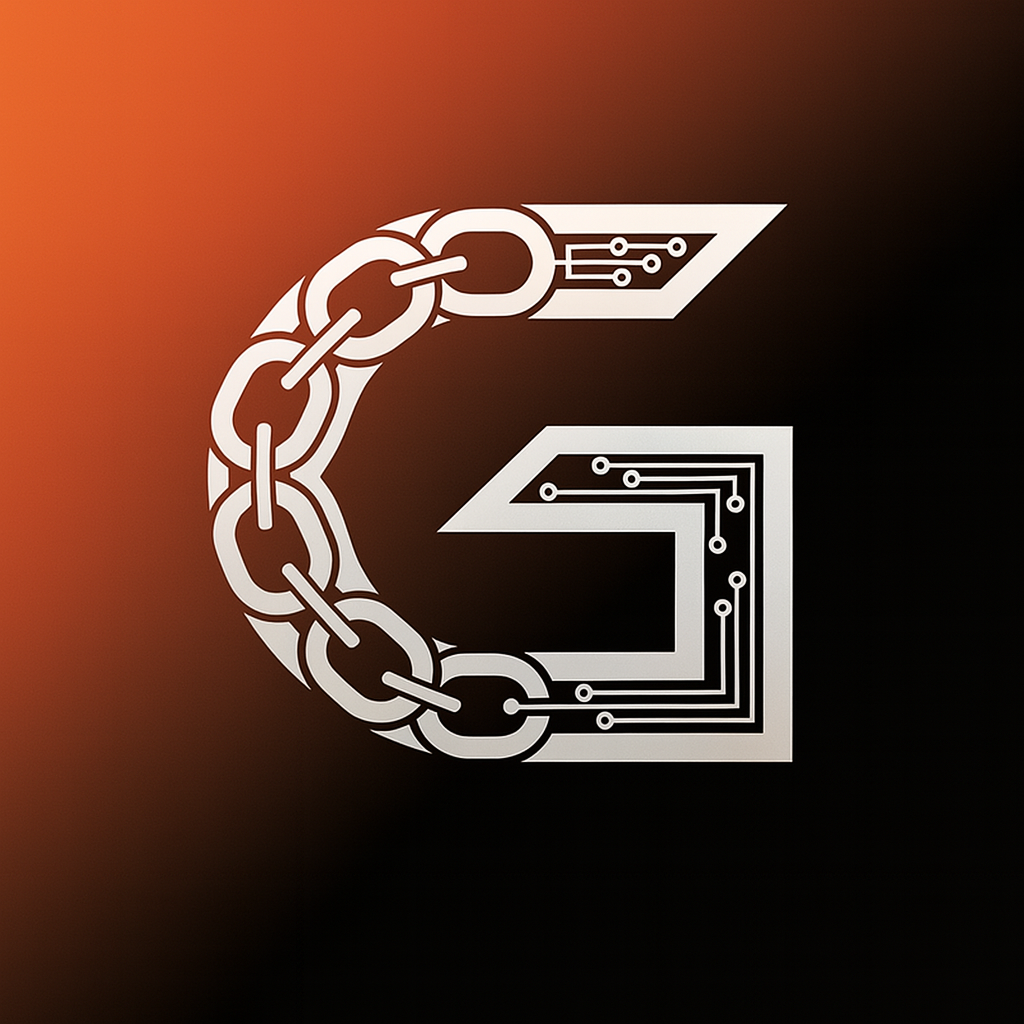Validator Security Best Practices in 2024

As blockchain networks mature and secure increasingly valuable assets, validator infrastructure has become a prime target for sophisticated attacks. This security-focused guide presents a defense-in-depth approach for professional validators operating in high-stakes environments where a single compromise could result in catastrophic losses.
Essential Security Measures
- •Defense-in-Depth Strategy: Multiple security layers protect against both external threats and insider risks through physical, network, and operational safeguards.
- •Physical Security: Dedicated secure facilities with controlled access and tamper-evident seals form the foundation of robust validator operations.
- •Hardware Security Modules: Specialized devices with secure boot processes ensure cryptographic operations occur in isolated environments resistant to extraction attacks.
- •Network Architecture: Multiple security zones with strict access controls ensure validator signing keys never interact directly with public networks.
The blockchain ecosystem continues to evolve at a rapid pace, with new technologies and approaches constantly emerging. Maintaining robust security practices is non-negotiable in the high-stakes world of blockchain validation.
Understanding the Fundamentals
Validator security requires a multi-layered approach that combines hardware security, network isolation, key management, and operational procedures. The stakes are high—a security breach could result in slashing penalties or complete loss of staked assets. Modern validator security architecture employs sophisticated defense-in-depth strategies that protect against both external threats and insider risks. Physical security measures, including dedicated secure facilities with controlled access, form the foundation of robust validator operations. Hardware Security Modules (HSMs) with tamper-evident seals and secure boot processes ensure cryptographic operations occur in isolated environments resistant to extraction attacks. Network architecture implements multiple security zones with strict access controls, ensuring validator signing keys never interact directly with public networks.
Key Considerations for Validators
Professional validators must consider several critical factors to ensure reliable and competitive services:
- •Hardware Security Modules (HSMs) - Dedicated devices for secure key storage and signing operations
- •Network segregation - Separation of validator nodes from public internet exposure
- •Redundant infrastructure - Multiple nodes across different geographic locations
- •Regular security audits - Third-party assessment of security measures and practices
Technical Implementation
Implementing robust security measures requires both technical expertise and operational discipline:
Key Management
Secure key management is the foundation of validator security. Best practices include:
- •Using dedicated HSMs for validator keys
- •Implementing multi-signature schemes where supported
- •Establishing clear key rotation procedures
- •Maintaining secure offline backups
Network Security
Protecting validator nodes from unauthorized access requires:
- •Implementing VPN access and jump servers
- •Using dedicated firewalls with restrictive rules
- •Regular security scanning and penetration testing
- •DDoS protection measures
Operational Security
Day-to-day operations must incorporate security at every level:
- •Principle of least privilege for all access
- •Comprehensive logging and monitoring
- •Regular security training for team members
- •Incident response planning and drills
Looking Ahead
Security practices will continue to evolve as threats become more sophisticated. Emerging technologies like post-quantum cryptography, more advanced HSMs, and improved distributed validation techniques will shape the security landscape for validators in the coming years.
Conclusion
As the blockchain space continues to mature, the role of professional validators becomes increasingly important. By staying informed about the latest developments, implementing best practices, and maintaining a commitment to security and reliability, validators can provide valuable services to the networks they support while building sustainable businesses.
At Gigantic Nodes, we remain dedicated to advancing the state of validator operations and sharing our knowledge with the broader community. We believe that professional infrastructure providers play a crucial role in the blockchain ecosystem, and we're committed to setting the highest standards for reliability, security, and performance.
